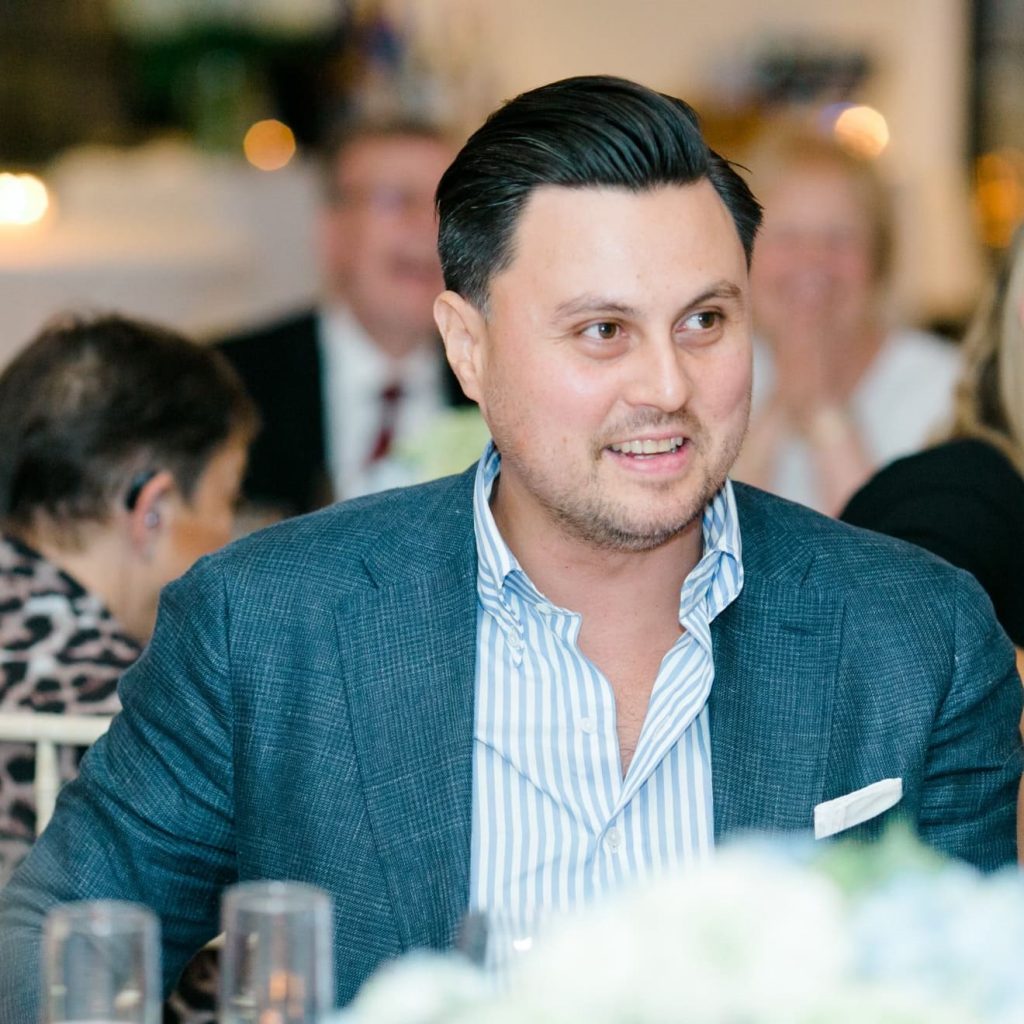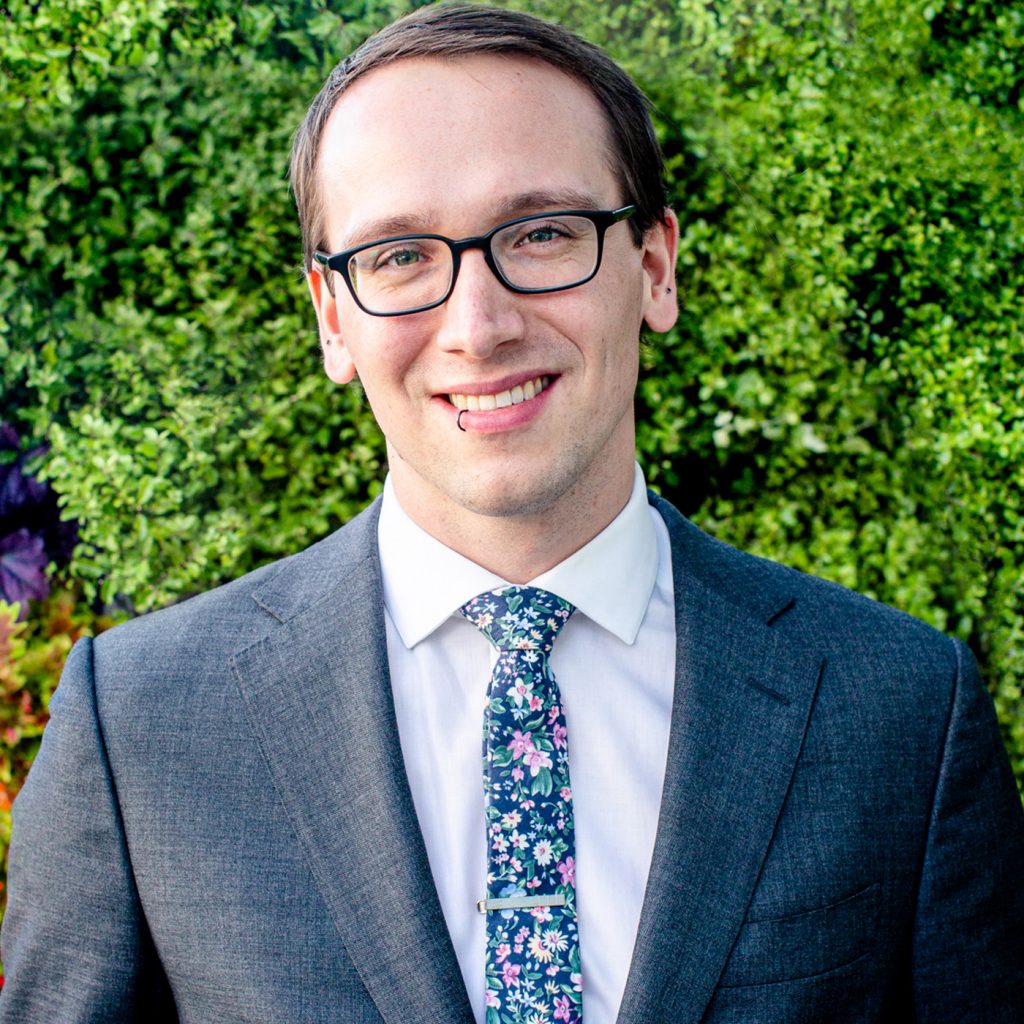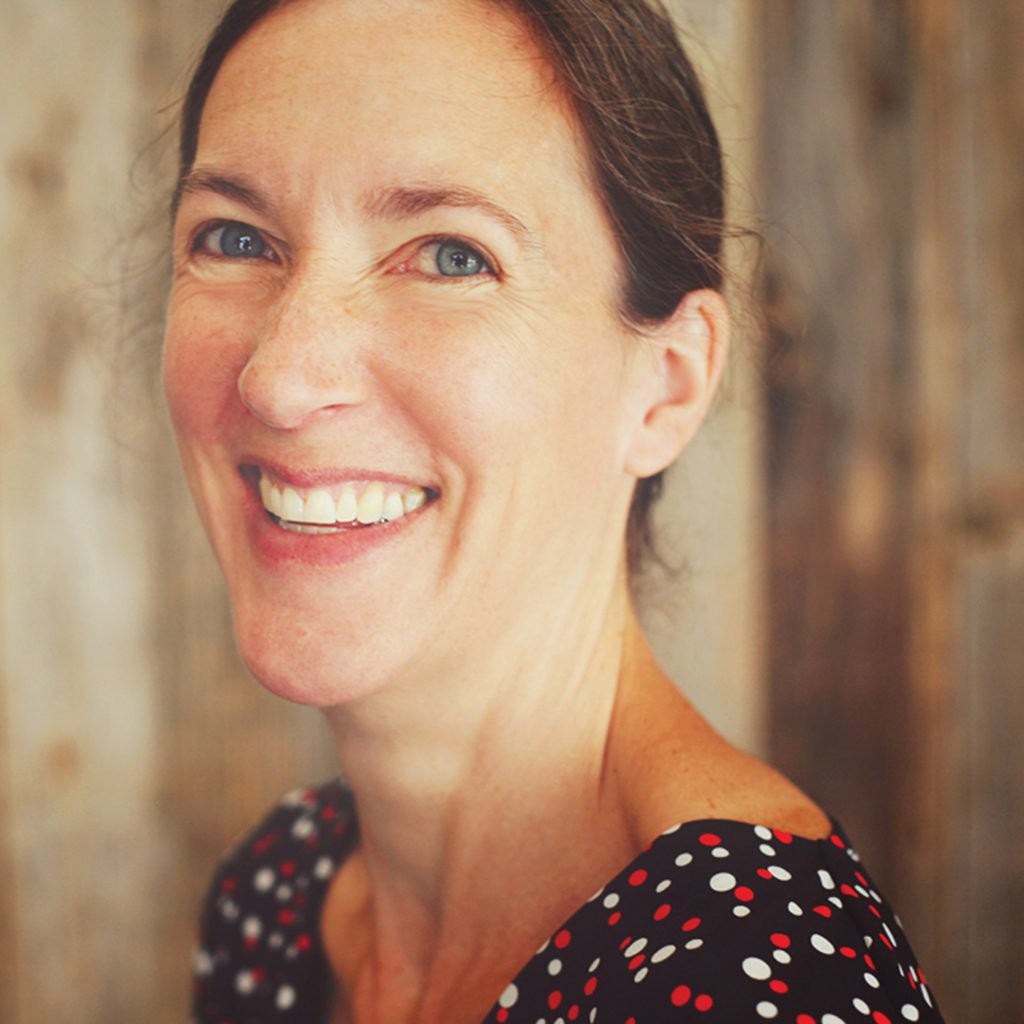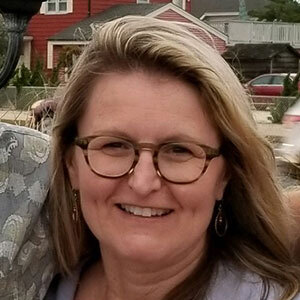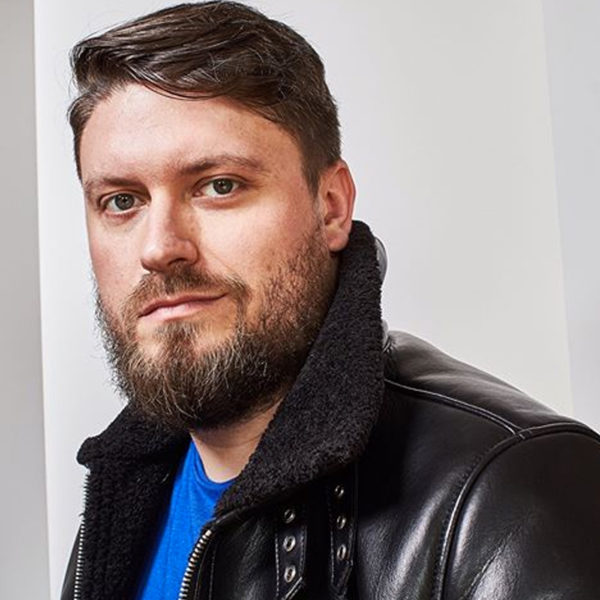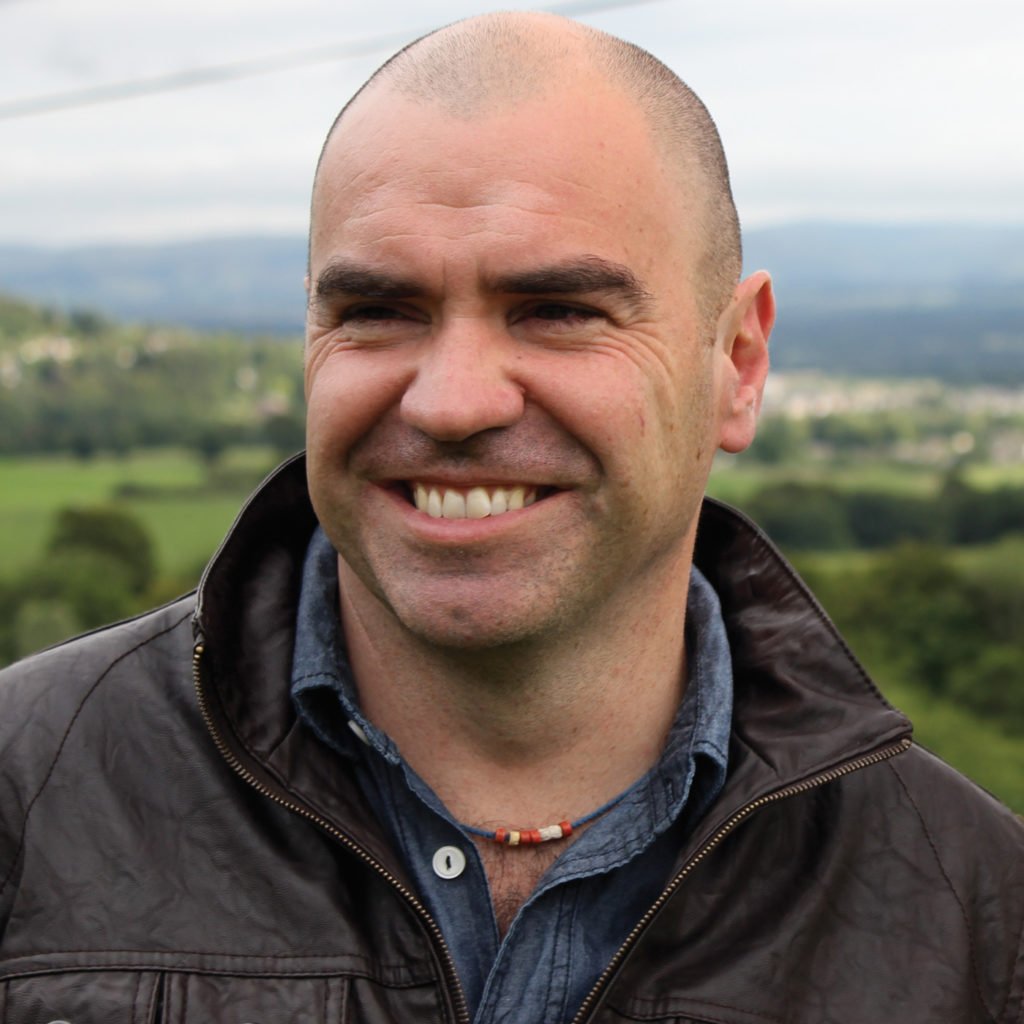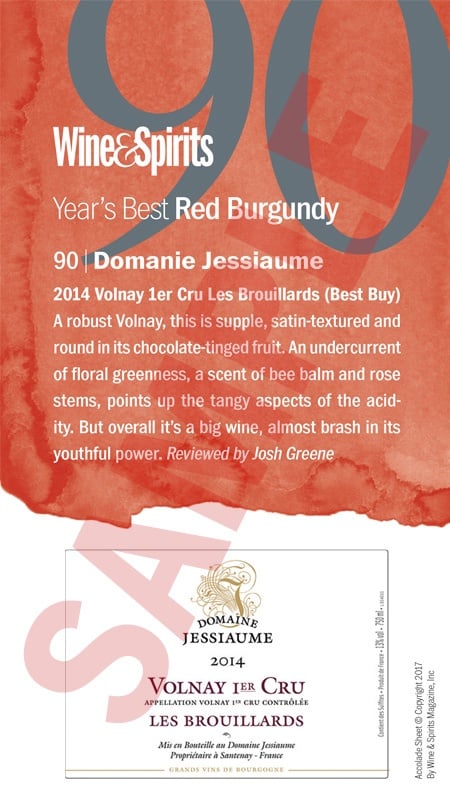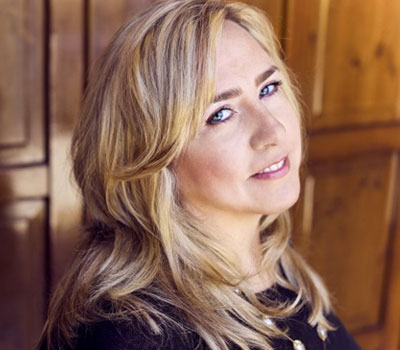

The blockchain is an open-ledger network most well known as the platform on which Bitcoin was created. Everledger, which uses blockchain technology to provide a parallel service for diamonds, performed its first authentication of a bottle of wine (a 2001 Château Margaux) in December of 2016. A number of articles, such as this one by the World Economic Forum (June 2016), lay out in detail the way data like this becomes part of the blockchain.
Leoni Runge, Everledger’s product manager in charge of wine, explained that the company will use humans to authenticate a wine (Runge referenced Maureen Downey as Everledger’s “first partner” before securing it with blockchain technology. Everledger also plans to implement a physical tag to detect tampering or temperature swings; Runge says that Everledger is “currently in talks with several leading players in the NFC/RFID industry [Near Field Communications/Radio Frequency Identification] and will release detailed information along with the pricing information in 2017.”
I asked leading venture-capital investor (and avid wine fan) Josh Kopelman, founding partner at First Round Capital, what he thought about using the blockchain to track a wine’s provenance and, more specifically, about Everledger. “The use-case of blockchain to manage a distributed ledger is much more interesting than the currency portion,” he said. In other words, for Kopelman, investing in the blockchain as a platform is more interesting than investing in Bitcoin. At First Round Capital, he told me, “We’ve seen several attempts to use this [blockchain] technology to establish true ownership (in real estate, in stocks, etc.)—but haven’t seen it used for wine yet.”
A number of the world’s greatest wineries are already working with Prooftag, a company that provides a traceable fingerprint through bubble seals, which should be very difficult if not impossible to counterfeit. Corinne Mentzelopolous, proprietor of Château Margaux, told me, “We take this subject [wine fraud] very seriously and have already implemented lots of authentication measures, including Prooftag, since March 2011.”
Everledger’s service, however, would allow wine purchasers to authenticate bottles long after they have left a winery’s cellar—and to use that assurance of authenticity when they decide to resell the wine. Runge also weighed in on peer-to-peer (P2P) wine transactions: “Fine wine traded outside of retail, wholesale or online channels is risky as provenance cannot be proven. According to Maureen Downey, proof of provenance and authenticity can increase the value of a wine up to 20 percent, and this sets a natural incentive for buyers to buy wine through established channels, where they can rely on the transfer of the certificate” via Everledger.
Interestingly, proponents of the blockchain and its broad applicability prize privacy, especially in this era of digital snooping, and that raises questions regarding how people feel about their wine activity being tracked on platforms and whether the provenance link is as important as ensuring that the bottle is authentic and in good condition. For instance, a consumer may not want others to see that she has re-gifted or sold a bottle or a case of wine. (The immediate price escalation in cult California wines as they pass from their initial mailing-list buyers into the resale market would be curtailed if these secondary trades were more visible to producers: Those producers would likely ban certain purchasers).
I discussed Everledger’s offering with Alex Michas, COO of Vintus Wines, an importer that stakes its fortunes on ensuring that authentic wines make their way to the right places in the US market through official channels. “It’s nice to see another product that addresses authenticity,” he says, “but that piece is being proactively addressed by many of the wineries that produce the world’s collectibles. What’s more interesting is the insight into a wine’s condition. There are so many transport and storage steps where a wine can be diminished, and the cost of properly handling wines is significant. It seems self-evident that transparency into provenance will result in consumers ultimately having a better bottle on the table.” Michas pointed to eProvenance as another example of a company working to solve the problem of tracking a wine’s condition during transit and storage.
It’s no coincidence that Everledger’s marketing materials have focused on first-growth Bordeaux. I understand the value in knowing provenance when it’s a $10,000, or even a $3,000 bottle. But is there a real value in spending the time to update the blockchain for a $100 bottle? As Johannes Selbach, proprietor of Selbach-Oster in Germany’s Mosel Valley and an agent for the prestigious German wine auctions, advised me: “Counterfeit first-growth Bordeaux…has certainly become a big problem, and for those wines, new tracking systems will certainly meet a demand.” Beyond that, however, Selbach believes, most other categories “will continue to be traded on the basis of trust.” I have yet to see or hear of a fraudulent bottle of 21st-century German riesling, despite the prices some of the beerenauslese and TBAs fetch at auction.
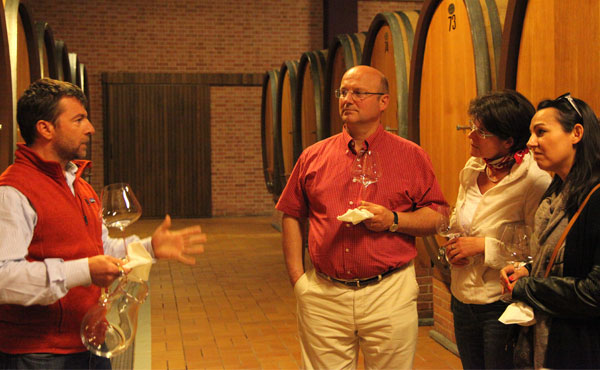

While Everledger may offer a valuable service for the highest end of the wine market and for old and rare wines, I suspect it will also be helpful in rooting out some of the thousands of Rudy Kurniawan counterfeits still believed to be polluting the fine wine market. And perhaps that will enable auction houses to buttress the trust of wine consumers.
As Greg Lambrecht, the founder of Coravin, told me, “It all comes down to the ease of interacting with the system by the consumer (whomever that might be).” Ultimately, if the product is really easy to use, consumers will adopt it. If it’s complicated, only the most heavily invested collectors will be undeterred in adopting it for their most prized wines, especially if the seal of approval from Everledger means that bottles begin routinely fetching premium prices at auction. Whether that happens, we will have to wait to see.
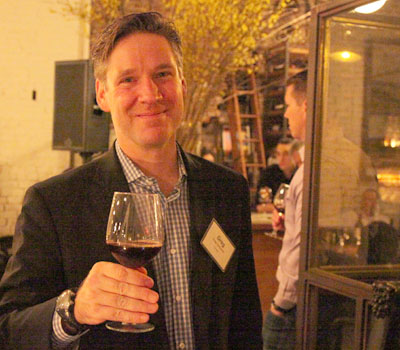

Disclosure: Ed Zimmerman is a partner at Lowenstein Sandler LLP, a law firm where he has served as counsel to First Round Capital and to investors in Coravin; he is an investor in both companies as well.
This story was featured in W&S April 2017.
photo of Johannes & Barbara Selbach and Greg Lambrecht by Ed Zimmerman
As a partner at the law firm Lowenstein Sandler LLP, Ed Zimmerman works at the intersection of technology, venture capital and, sometimes, wine. In addition to his legal work, he assembles winemakers, musicians and leaders in new technology at his Venture Crush events in New York and San Francisco.
This story appears in the print issue of April 2017.
Like what you read? Subscribe today.


